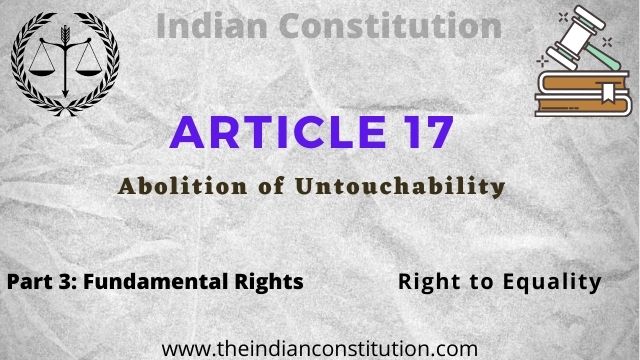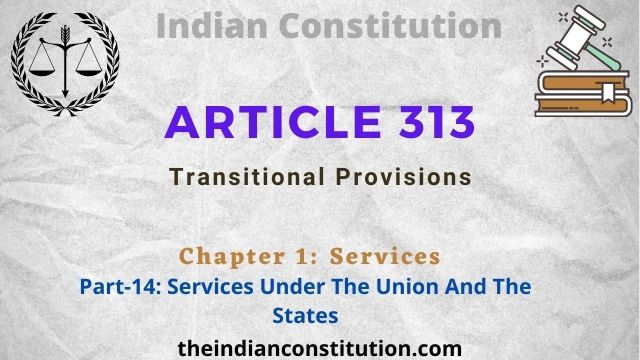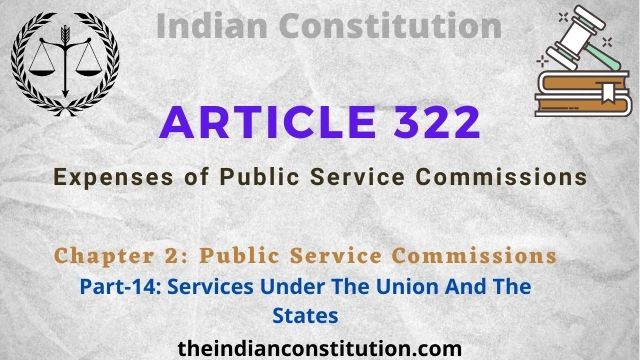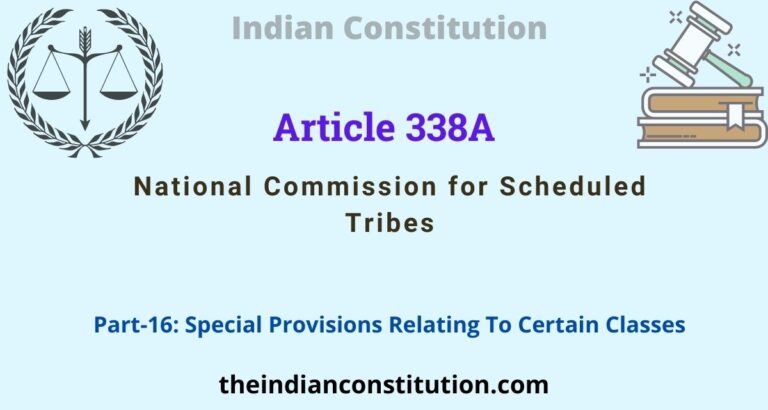Article 17 Abolition Of Untouchability In The Indian Constitution
Part 3 of the Indian constitution provides fundamental rights, in which Article 17 has been provided equality by the abolition of untouchability.
Article 17: Abolition of Untouchability
“Untouchability” is abolished and its practice in any form is forbidden. The enforcement of any disability arising out of “Untouchability” shall be an offence punishable in accordance with law.
-Text in Constitution
Explanation of Article 17
In order to end the caste system, the practice of untouchability, discrimination, and other types of practices that is prevalent in our society for centuries. that’s why this article 17 was given space in the Indian constitution.
We all know that the chairman of the drafting committee was Babasaheb Ambedkar who came from a Dalit caste. So that he could understand the pain of the lower caste well.
This article does not only give security against the state but also against private individuals. It is the statutory duty of the state to take necessary steps to prevent the violation of these rights.(People’s Union for Democratic Rights v UOI case)
Article 17 is only one absolute article of all the rights articles written in the Constitution. That is, it is illegal to practice untouchability in any form. Mean if you practice untouchability there is ‘no ifs no buts‘ only punishment.
Absolute Nature: You must have read that there are exceptions in all other rights, whereas there is no exception in this article. Meaning that you cannot violate it under any circumstances.
Note: In order to prevent untouchability in the Constitution, the provisions of Article 15(2) is also capable.
What is Untouchability?
There is no definition of untouchability in the Indian Constitution and not in any act passed by the Parliament.
But the Mysore High Court has clarified its meaning in one of its decisions. The court said that
The subject matter of Article 17 is not untouchable in its literal or grammatical sense but the ‘practice as it had developed historically in the country’. It refers to the social disabilities imposed on certain classes of persons because of their birth in certain castes. Hence, it does not cover the social boycott of a few individuals or their exclusion from religious services, etc.
Due to the many verdict and instructions are given by the court, some works will be treated as the observance of untouchability, for which a provision of punishment has also been made.
Examples of practices considered as untouchability
- Preaching untouchability directly or indirectly
- Preventing any person from entering any place of public worship or from worshiping therein(Like Temple, Majid, Church)
- Justifying untouchability on traditional, religious, philosophical, or other grounds(I am following casteism because is written in the scripture. That does not work, it will also be considered a crime.)
- Denying access to any shop, hotel, club, places or resources of public entertainment;
- Restriction of where the services are provided in public related to a reservoir, tap or other sources of water, road, Public pasture, crematorium, or other places.
- Insulting a person belonging to a scheduled caste(SC, ST, OBC) on the ground of untouchability;
- Refusing to admit persons in hospitals, educational institutions or hostels established for public benefit
- refusing to sell goods or render services to any person
Is there any law to end untouchability in India?
This fundamental right does not apply automatically. Even after 70 years of the Constitution came into force, untouchability would still be practiced in many places in India. To curb this, the Parliament has made laws using the power given in Article 35.
The Untouchability Offences Act of 1955
Main provision
- This will be a punishable offense, in which no pardon can be given in any way.
- There can be imprisonment of 6 months or a fine of 500 rupees or both if proven.
- any candidate standing in Parliament or State elections if he is proved guilty will be disqualified.
The Protection of Civil Liberties Act 1976
- This act was an amendment of The Untouchability Offences Act of 1955
- Imprisonment increased to two years or penalty Rs. 2000 or both on proving charges.
Both acts declared the practices as an offense which we read above.
The Schedule Caste and Schedule Tribe Prevention of Atrocities Act, 1989
- Its main objective is the prevention of atrocities by increased surveillance, collecting licenses of upper castes, etc.
- Provides relief and rehabilitation measures for the victims.
- Provides for special court and special police.
- In some situations, police can even provide arms to members of the SC and ST community for self-defense
Note: There is an act of untouchability that is not mentioned in any law, then in such cases, the court will decide which will have to be included in this law.
Also Read:




I’m glad to see that the Indian Constitution has abolished untouchability. This is a long overdue change and I’m glad that it is finally happening.
This blog post offers a thorough exploration of Article 17 and its significance in addressing untouchability in India. It’s inspiring to see how constitutional measures have aimed to promote equality and social justice. However, the ongoing challenges highlight the need for continuous awareness and action to fully realize these ideals in practice. Thank you for shedding light on this important topic!